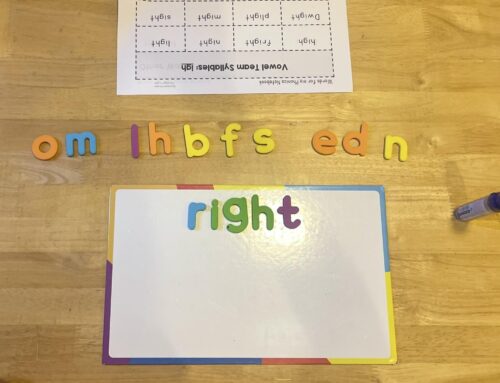Speech and language impairments are a group of disorders that affect a person’s ability to communicate. They can range from mild to severe, and can affect a person’s ability to speak, understand, read, write, and/or use language in social situations.
There are many different types of speech and language impairments, including:
- Articulation disorders: These disorders affect the way a person produces speech sounds. For example, a person with an articulation disorder may say “wabbit” instead of “rabbit.”
- Dyspraxia: This disorder affects a person’s ability to plan and coordinate movements, including the movements involved in speech. For example, a person with dyspraxia may have difficulty producing clear speech sounds, or may have difficulty saying words quickly.
- Language disorders: These disorders affect a person’s ability to understand and use language. For example, a person with a language disorder may have difficulty understanding what others are saying, or may have difficulty using language to express their thoughts and ideas.
Speech and language impairments can have a significant impact on a person’s life. They can make it difficult to communicate with others, which can lead to social isolation, difficulty in school or at work, and low self-esteem.
If you think your child may have a speech or language impairment, it is important to see a speech-language pathologist (SLP) for an evaluation. SLPs are trained to assess and treat speech and language disorders. They can help your child develop the skills they need to communicate effectively.
There are many different treatments available for speech and language impairments. The type of treatment that is best for your child will depend on the specific nature of their impairment. SLPs will work with your child to develop a treatment plan that is tailored to their individual needs.
With early intervention, most children with speech and language impairments can make significant progress. With the help of an SLP, your child can learn to communicate effectively and reach their full potential.
Here are some tips for parents of children with speech and language impairments:
- Talk to your child often. The more your child hears language, the better they will understand it.
- Read to your child every day. Reading aloud helps children learn new vocabulary and grammar.
- Encourage your child to ask questions. Answer their questions in a clear and simple way.
- Be patient. It takes time for children to learn how to communicate effectively.
- Don’t compare your child to other children. Every child develops at their own pace.
- Get help if you need it. If you are concerned about your child’s speech or language development, talk to your doctor or a speech-language pathologist.
If you are serious about learning, then one-on-one classes at OrbRom Center are the best way to go. Our experienced teachers will help you achieve your academic goals. Contact us TODAY.
Welcome to OrbRom Centre
Choosing learning support for your child is one of the most important decisions you will make, and I welcome you to discover more about why OrbRom is the best option in Phnom Penh.

H. Sophaneth B.Ed, M.Ed





Leave A Comment